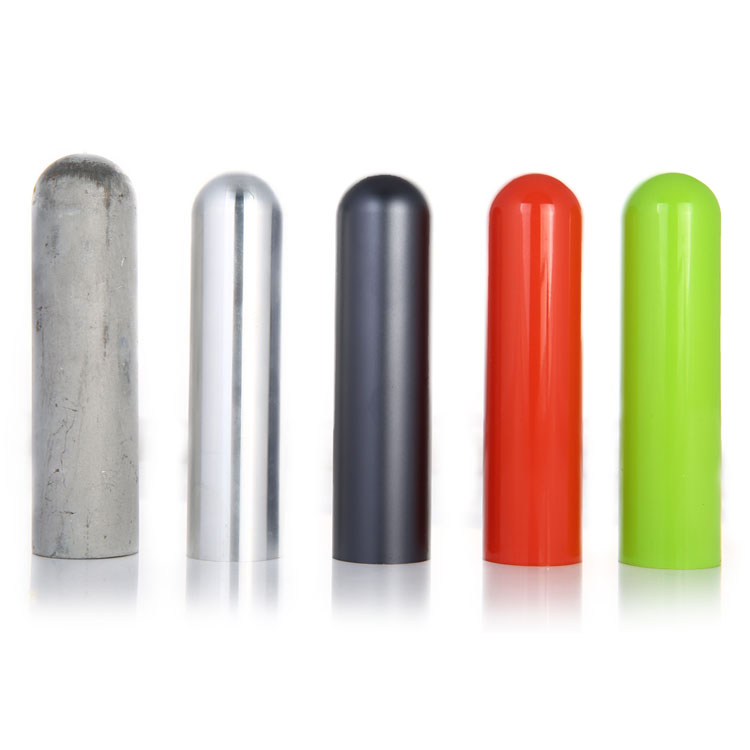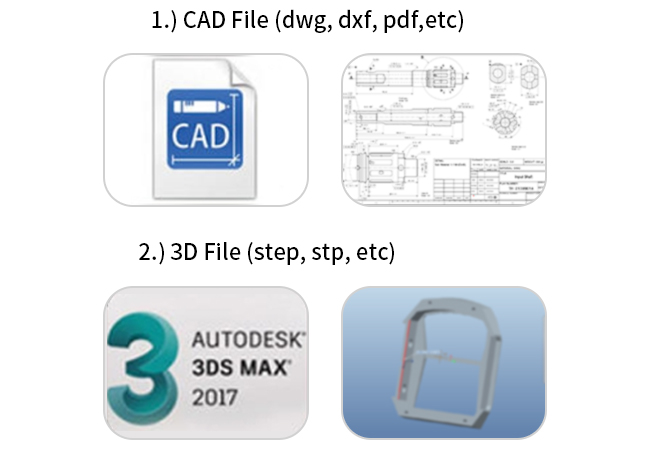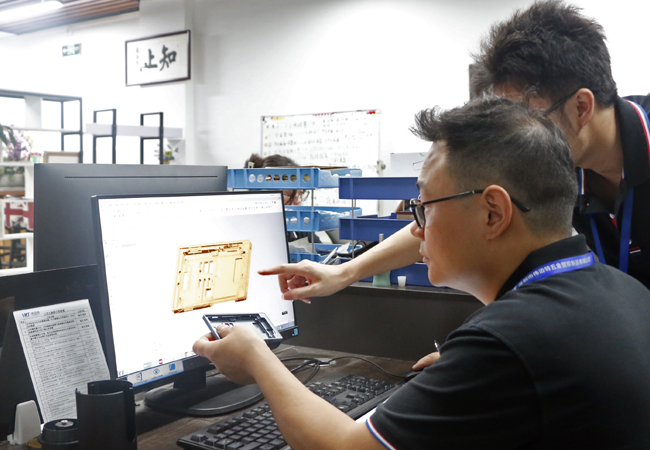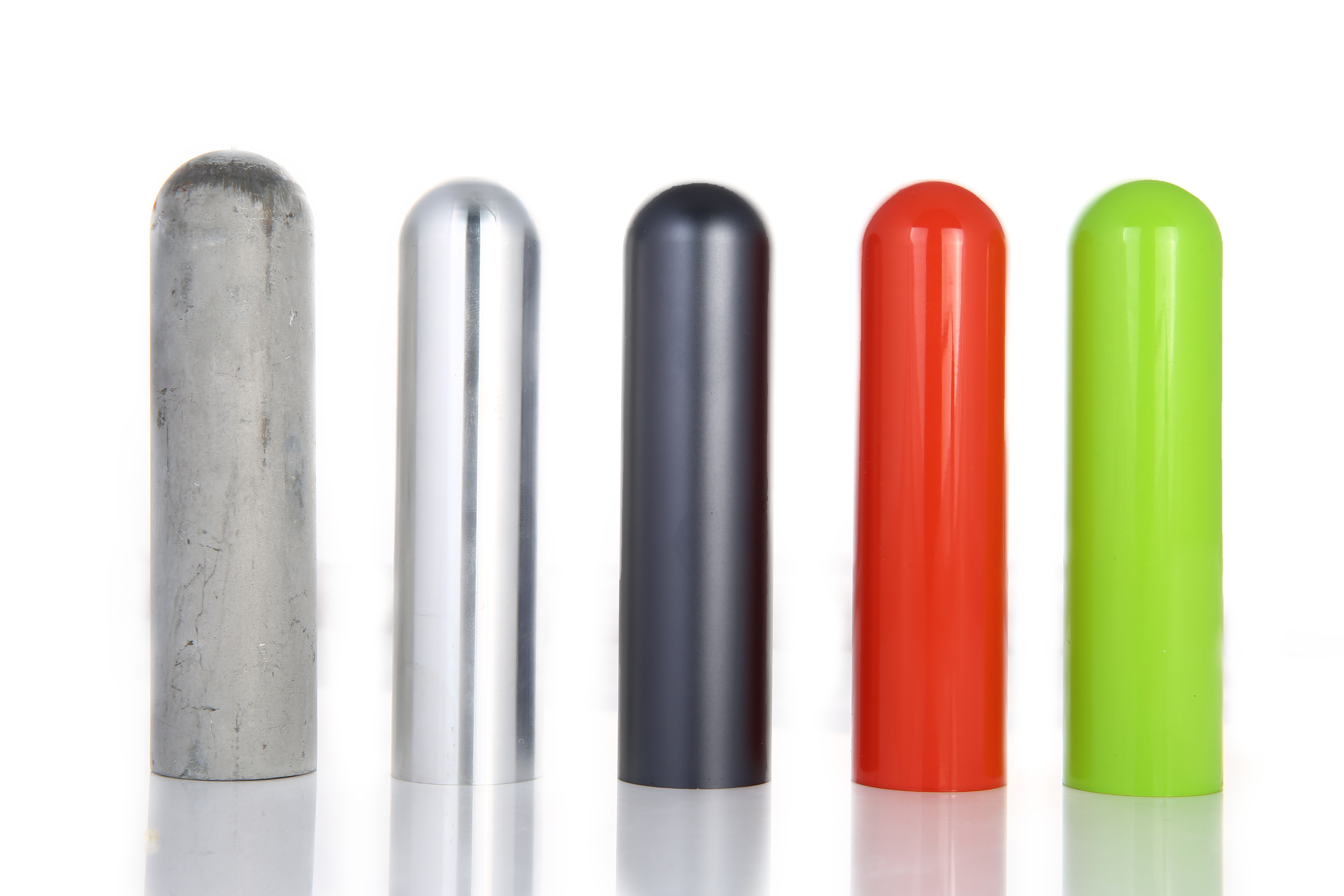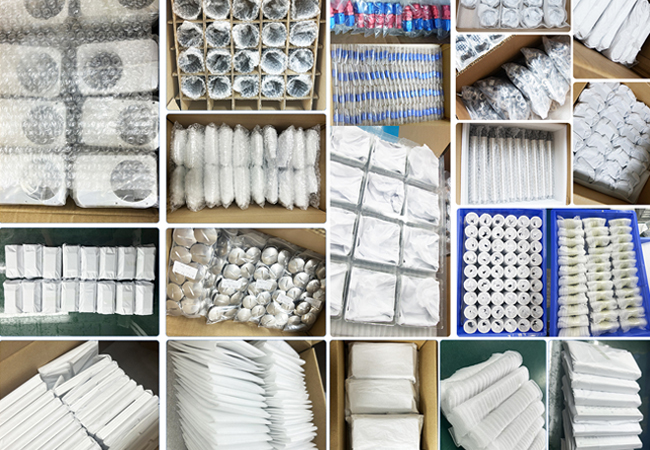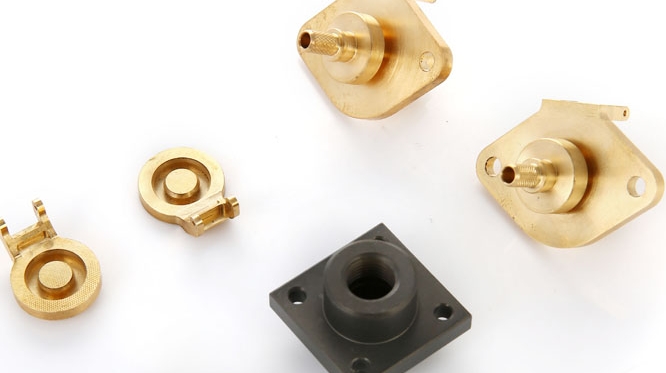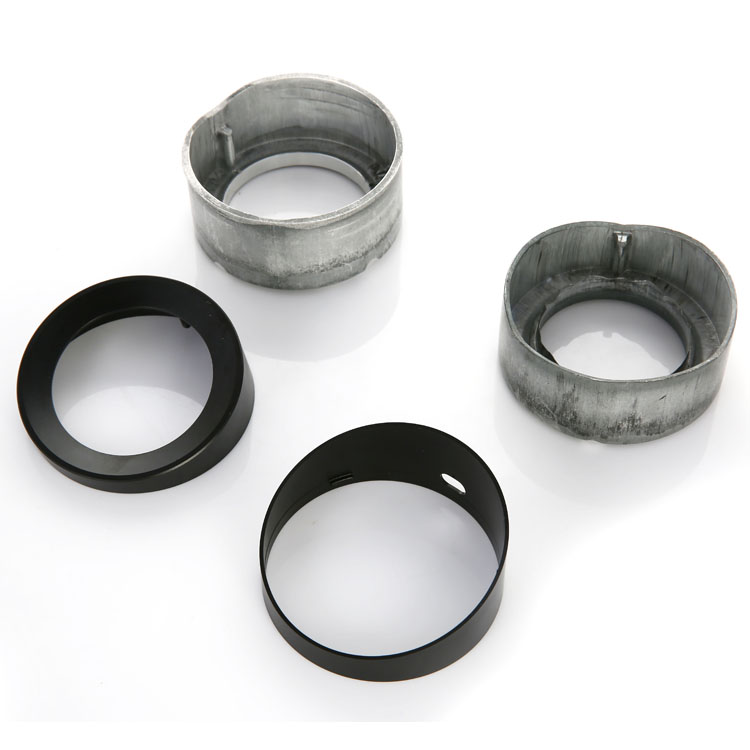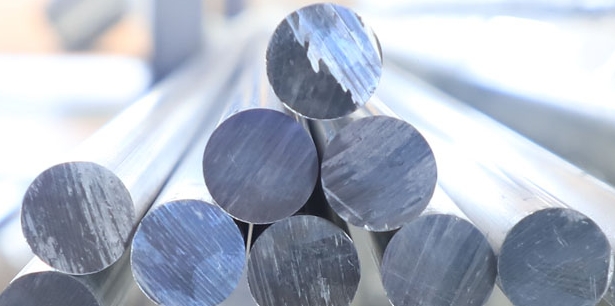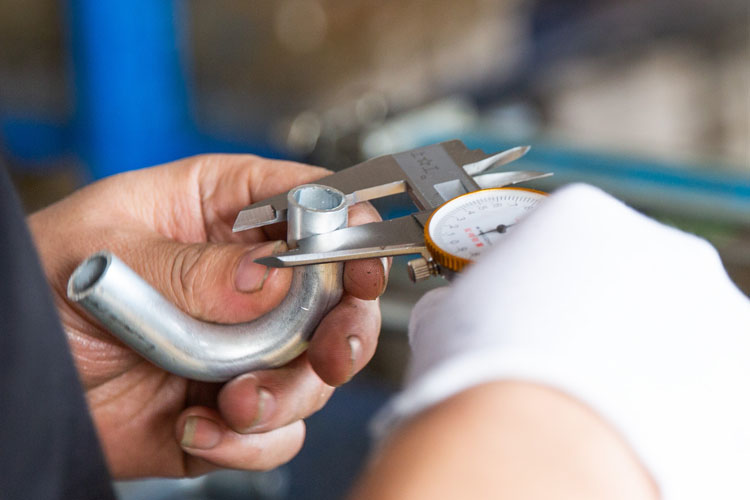VMT’s Cold Forging Services
- VMT specializes in cold forging services, providing high-quality products for electronics, automotive, medical and other industries.
- We work closely with our customers to understand their specific needs and provide suitable solutions.
- We offer cold forging services, which utilize advanced technology to finely process metals at low temperatures to produce high-performance, high-precision parts.
- We are committed to providing accurate and efficient services and are a reliable partner in the manufacturing industry.
What is Cold Forging?
Cold forging deforms metal while it is below its recrystallization point. Cold forging increases tensile strength some and yield strength substantially while reducing ductility. Cold forging usually takes place near room temperature. The most common metals in cold forging applications are usually standard or carbon alloy steels. Cold forging is typically a closed-die process.
Cold forging is generally preferred when the metal is already a soft metal, like aluminum. This process is usually less expensive than hot forging and the end product requires little, if any, finishing work. Sometimes, when metal is cold forged into a desired shape, it is heat treated after to remove residual surface stress. Because of the improvements cold forging makes to the strength of the metal, sometimes lesser grades of material may be used to produce serviceable parts that could not be made from the same material by machining or hot forging.
Manufacturers may choose cold forging over hot forging for a number of reasons—since cold forged parts require very little or no finishing work, that step of the fabrication process is often dispensable, which saves money. Cold forging is also less susceptible to contamination problems, and the final component features a better overall surface finish.
Our Robust Capabilities Behind Numbers
With many years of industry experience, VMT’s team of experts excels in providing high-quality and efficient cold forging solutions. Our cold forging services are widely used in multiple industries such as electronics, automotive, aerospace and medical to meet the diverse needs of different customers. We pay attention to details and quality, and are committed to providing customers with professional and reliable services.
14+
Years in Business
6,000+
Companies Served
300,000+
Unique Parts Produced
62+
Countries Shipped
600+
Suppliers Cooperated
VMT, your first choice for quality cold forging services!
Why Choose VMT for Cold Forging?
Need to make copies of your metal product?Hot forging is your solution. Here at VMT, we lead the industry in efficient, high-quality forging services scalable for any organization. Here are just a few reasons why thousands of businesses worldwide choose us for forging.
1、Raw materials
VMT’s quality control from begining.Check raw materials’conpoents,size, appearance,etc before start prdouuction.
2、Workshop
VMT owns more than 50 pcs antomatic machines,making prouducts according to customers’drwaings.Welcome bulk order!
3、Zero defect goal
VMT owns many inspection machine to inspect product’ size,appearance,Anti-corrosion ability,air-tightness and so on.
4、Profesional team
VMT provides one stop service and help you solve all potential problems until you are satisfied.
5、Packing
Choosing proper packing method to make sure products are in good condition before shipping,during transportation,when arrive in your hands.
Our Cold Forging Services
VMT’s team of experts excels in providing high-quality and efficient cold forging solutions. Our cold forging services are widely used in multiple industries such as electronics, automotive, aerospace and medical to meet the diverse needs of different customers.
Cold Forging
VMT uses efficient cold forging equipment and experienced technicians to machine raw materials into precision parts.
Product Cases
Copper forging machining
Aluminum forging machining
What are the Differences Between Hot and Cold Forging?
The cold forging manufacturing process increases the strength of a metal through strain hardening at a room temperature. On the contrary the hot forging manufacturing process keeps materials from strain hardening at high temperature, which results in optimum yield strength, low hardness and high ductility.
Finally, a manufacturer would choose one process over the other because of economic and not quality reasons. The decision is based on the required functions of the desired component, the industry and if it’s a mass production or a low volume of customized parts.
VMT provides cold, warm and hot forging or combination of different processes to address various customer demands, both performed in excellent conditions with state-of-the-art machinery for perfect results. We work close with our customers to understand their specific needs and find the best possible solution.
The Cold Forging Manufacturing Process
The cold forging manufacturing process is performed at room temperature. The workpiece is squeezed between two dies until it has assumed their shape. To deliver a finished, ready to fit component, the technique includes rolling, drawing, pressing, spinning, extruding and heading. Cold forging extrusion is one of the most common manufacturing techniques, widely used in the production of automotive components.
Cost Efficiency in Cold Forging
Cost optimization in cold forging starts with the raw material. This one can be directly purchased, if necessary, with an included annealing and a peeling, which makes the slugs ready for the process. Since the number of raw materials for cold forging is limited, they are consequently more expensive. To minimize manufacturing cost, cold heading wire is preferred for small pieces.
To obtain best cost efficiency the manufacturing process itself should be managed with an excellent know-how of all involved tools and techniques. For example, large batches of cold extruded components are manufactured on high speed mechanical presses, but complex parts and small series rather on hydraulic presses.
An efficient lubrication system is of critical importance for the successful application of any cold forged part. All workpieces should undergo a zinc-phosphate or polymer coating. Additional lubrication with special forging oil is required on the multi-station presses. A good lubrication system guarantees the high-quality of the final piece and eliminates additional costs for eventual failures during the process.
Material:
- steel
- non-ferrous heavy metals
- stainless steel
- round bars or wire coils
- aluminium
Shaping and Tolerances:
- limite shapes
- tight tolerances between 0.2 mm and 0.75 mm
- tolerance classes between IT 7 and IT 11
- surface finishes of up to o Rz =20 μm
Get Your Cold Forging Project Started Today
Our cold forging engineers are ready to work with you to make sure you get great parts fast. When you submit your 3D design files, we will consult with you to ensure design for manufacturability in order to get parts that meet and exceed your expectations. Contact us for your free quote and design review today.

